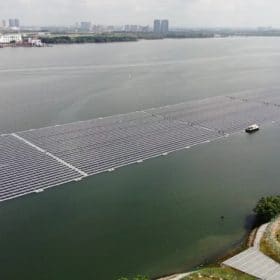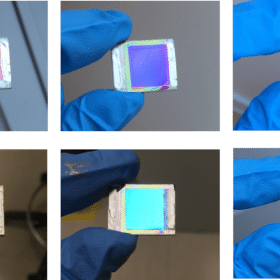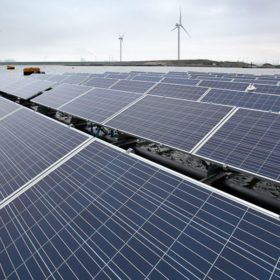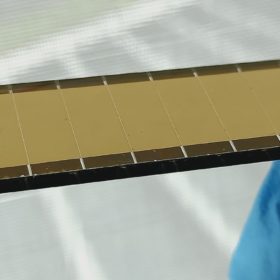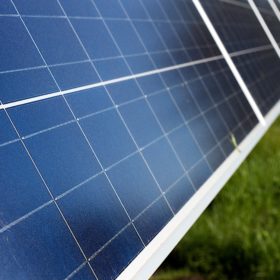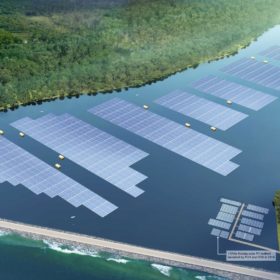Methylammonium-free perovskite solar cell with slot-die coating, 18% efficiency
Researchers have developed a slot-die coated solar cell with an ‘n-i-p’ layout and a fluorine-doped tin oxide substrate, a tin oxide layer, a perovskite film, and a hole-blocking layer. It has an efficiency of 18.03%, an open-circuit voltage of 1024 mV, and a short-circuit current density of 22.4 mA cm−2.
Green hydrogen and the cable-pipeline dilemma
New research from Singapore has found that gas pipelines for the onshore transport of green hydrogen and the cables for the transport of electricity to produce it at a distant location have similar costs at a 4000 km transmission distance. For longer distances, gas pipelines were found to be cheaper than cables, although the electric lines are said to benefit from scaling up and higher utilization. For both options, however, a currently too high hydrogen LCOE remains the biggest barrier to overcome.
Facebook to buy power from offshore PV plant in Singapore
Facebook has revealed plans to buy electricity from a 5 MW floating solar array in the Straits of Johor. The project will sell power through a virtual power purchase agreement.
Effective approaches to build colored perovskite solar cells
Scientists in Singapore have conducted a review of all existing methods to produce colorful opaque and semitransparent perovskite solar cells for applications in BIPV and urban environments. They identified two general approaches consisting of coloring the perovskites via external or internal modifications.
System design key to enhancing cooling effect of water in floating PV
Researchers in the Netherlands and Singapore have measured irradiance-weighted average temperatures of floating PV systems in both countries and have compared the results with reference rooftop and ground-mounted PV systems. They have discovered that floating PV systems with open structures, which allow wind to pass beneath the modules, can provide a higher heat loss coefficient.
Mini perovskite solar panels with 18.4% efficiency
Researchers in Singapore have developed a 6.4 cm2 solar module based on co-evaporated methylammonium lead iodide (MAPbI3). They claim that the panel is a step forward in the industrialization of perovskite mini-modules.
Trafigura to develop 2 GW of renewables
Oil and metals trader will join forces with Australian investment group IFM to launch the new entity, which will develop solar, wind and energy storage projects – some of them supplying clean energy to Trafigura operations – as well as making acquisitions.
Over-irradiance events affect utility scale PV components
Researchers are seeking to understand the extent to which sudden spikes in irradiance can affect solar power plants. The preliminary findings indicate large scale PV projects are not immune to such events, especially when the spikes last longer than a minute.
Embracing the 600 W+ Era
Solar modules are getting more powerful. This much was clear walking the show floor at the SNEC show earlier this month in Shanghai, where leading manufacturers all exhibited products with power ratings in the 600 W+ range. In this pv magazine Webinar, hosted in partnership with Trina Solar, we’ll take a closer look at the technologies inside Trina’s Vertex module, and why its impressive performance is about much more than simply making the module larger.
Construction begins on 60 MW floating solar plant in Singapore
The project, on the Tengeh reservoir, will sell power to the city state’s Public Utilities Board under a 25-year power purchase agreement.


